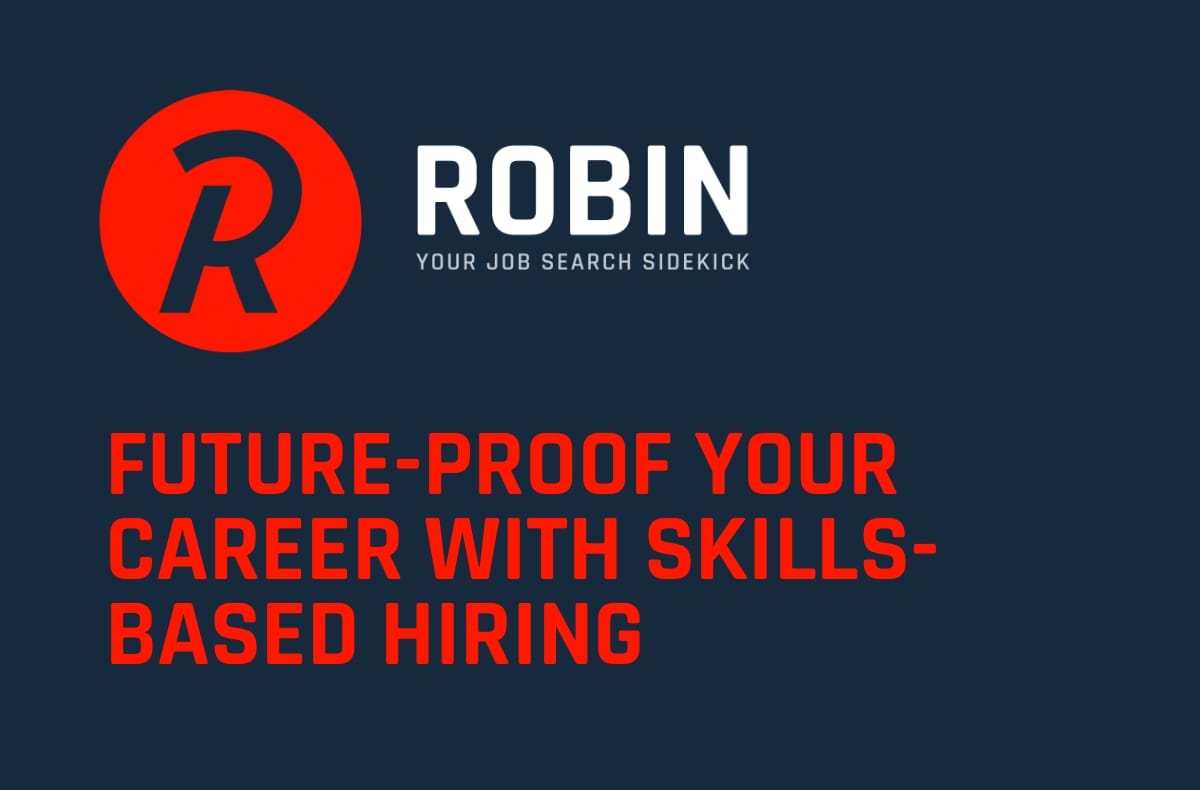Future-Proof Your Career with Skills-Based Hiring

Description: Discover how the shift to skills-based hiring is transforming the job market and learn how to prepare for it. Explore practical tips on showcasing your abilities and stand out from the crowd.
---
Introduction
In today’s competitive job market, traditional hiring practices are evolving rapidly. Companies are shifting from a focus on degrees and job titles to a new approach—skills-based hiring. This change is opening doors for many job seekers, tech enthusiasts, college graduates, and seniors eager to showcase their abilities.
In this blog post, we'll explore the rise of skills-based hiring, its benefits, and practical steps you can take to prepare and thrive in this new landscape. By the end, you'll feel confident and equipped to showcase your unique skills and land that dream job.
---
What is Skills-Based Hiring?
Skills-based hiring focuses on a person’s abilities rather than their educational background or previous job titles. Employers care more about what you can do than where you’ve been.
Why is it Gaining Popularity?
Businesses are recognizing the limitations of traditional hiring methods. Degrees and job titles don’t always reflect a candidate’s true potential. By focusing on skills, companies can build diverse and highly capable teams.
The Role of AI in Skills-Based Hiring
AI job search tools are revolutionizing the hiring process. These tools can analyze a candidate’s skills and match them with suitable job openings, making the recruitment process more efficient and fair.
Example of Skills-Based Hiring in Action
Tech giant IBM has adopted skills-based hiring for many of its roles. They look beyond degrees, valuing hands-on experience and the ability to solve real-world problems.
---
Benefits of Skills-Based Hiring for Job Seekers
More Opportunities
Focusing on skills opens up opportunities that might have been out of reach due to lack of a specific degree or previous job title.
Fairer Assessment
Skills-based hiring reduces bias and promotes diversity, allowing candidates from various backgrounds to compete on a level playing field.
Personal Growth
Preparing for skills-based hiring encourages continuous learning and personal development. It motivates job seekers to acquire new skills and stay relevant in their fields.
---
Preparing for a Skills-Based Job Market
Identify Your Core Skills
Start by listing your core skills. These include technical abilities, soft skills, and any specialized knowledge you possess.
Example
For instance, if you’re a software developer, your core skills might include programming languages like Python and JavaScript, problem-solving abilities, and teamwork.
Highlight Transferable Skills
Transferable skills are abilities that can be applied across various jobs and industries. Examples include communication, project management, and analytical thinking.
---
Building a Skills-Based Resume
Focus on Skills, Not Just Job Titles
Structure your resume to emphasize skills. Use bullet points to detail specific abilities and accomplishments rather than just job responsibilities.
Example
Instead of saying “Managed a team,” write “Led a team of 5 in developing a new software application, improving efficiency by 30%.”
Use Keywords
Include relevant keywords that match the job description. This helps your resume pass through Applicant Tracking Systems (ATS) and reach human recruiters.
---
Showcasing Skills During the Interview
Practice Skill-Based Questions
Prepare for common skill-based interview questions. These often start with “Tell me about a time when…” and require you to demonstrate how you’ve used specific skills in past experiences.
Example
“Tell me about a time when you had to solve a complex problem with limited resources.”
Bring a Portfolio
If applicable, bring a portfolio to showcase your work. This provides concrete evidence of your skills and gives you an edge over other candidates.
---
Leveraging Online Platforms
Optimize your LinkedIn profile by listing your skills and seeking endorsements. Join groups relevant to your industry and engage in discussions.
GitHub and Behance
For tech enthusiasts and creatives, platforms like GitHub and Behance are excellent for showcasing projects and connecting with potential employers.
Example
A web developer might upload their coding projects to GitHub, while a graphic designer could display their portfolio on Behance.
---
Continuous Learning and Upskilling
Online Courses
Take advantage of online courses to learn new skills or improve existing ones. Platforms like Coursera, Udemy, and LinkedIn Learning offer a wide range of courses across various fields.
Certifications
Obtaining certifications can validate your skills and make you more attractive to employers. Look for industry-recognized certifications relevant to your career.
Example
A digital marketer might pursue a Google Analytics certification to enhance their skill set.
---
The Role of Networking
Attend Industry Events
Participate in conferences, webinars, and workshops related to your field. Networking with professionals can lead to job opportunities and valuable insights.
Join Professional Organizations
Becoming a member of professional organizations can provide access to resources, job boards, and networking events.
Example
An aspiring data scientist might join the Data Science Association to connect with other professionals and stay updated on industry trends.
---
Utilizing AI Job Search Tools
AI-Powered Job Search
Use AI-powered job search tools to find opportunities that match your skills. These tools can provide personalized job recommendations and help you streamline your search.
Example
Outwrite’s AI job search tool helps job seekers find positions that align with their skills, making the job search process more efficient.
Benefits of AI Tools
AI tools can save you time, reduce the stress of job hunting, and increase your chances of finding the right job.
---
Joining the Skills-Based Hiring Movement
Stay Informed
Keep up with trends and developments in skills-based hiring. Subscribe to industry newsletters and follow thought leaders on social media.
Advocate for Skills-Based Hiring
If you’re already employed, advocate for skills-based hiring practices within your organization. This can contribute to a more inclusive and effective workplace.
Example
A project manager might suggest implementing skills assessments during the hiring process to ensure candidates possess the necessary abilities.
---
Conclusion
Skills-based hiring is transforming the job market, offering numerous benefits for both employers and job seekers. By focusing on skills, you can open up new opportunities, showcase your abilities, and stay ahead in your career.
Ready to take the next step? Sign up for Outwrite’s free AI job search tool and start your skills-based job hunt today.

